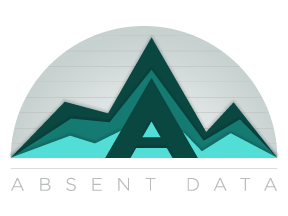Create a Funnel Chart in Tableau
Funnel Chart in Tableau
Funnel Chart is used to represent different levels of a process in the form of funnels representing top-down approach. The size of funnels can be shown through any measures like Sales, Profit or Costs etc. Funnel chart is very useful in identifying the problem areas in a process or identifying the biggest sales proportion.
Summary:
In this blog, I am going to demonstrate how to create funnel chart in Tableau. To demonstrate that I am going to use Sample-Superstore data.
Objective:
Let’s consider the requirement is to identify the best “Ship Mode”, which contributes to that sales most. Using a funnel chart of “Ship Mode” across sales we can easily identify the different contribution levels.
The following are steps to do the clustering in Tableau:
1. Connect to Sample-Superstore dataset: Open the Tableau Desktop and select the “Sample-Superstore” dataset
2. Go to Sheet1:
3. Drag the “Ship Mode” dimension to “Rows” shelf and “Sales” measure to “Columns” shelf
4. Select that “Ship Mode” from Rows and sort it based on Sales in descending order
5. Now, create a calculated field and call it ‘Negative Sales’ which is equal to negative of Sales measure present in the dataset
6. Drag that ‘Negative Sales’ calculated field and place it to the left of the “Sales” measure in Columns
7. Add the borders to the funnel chart from the ‘Colors’ marks card
8. Add the labels of ship mode and sales value in the chart to make it more intuitive
9. Hide both x-axis and y-axis headers
10. Finally, after all the formatting, funnel chart will look like this:
Result:
Analyzing the above funnel chart of “Ship Mode”, we can easily identify that the “Standard Class” ship mode contributes to the sales most






